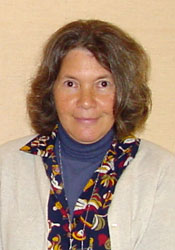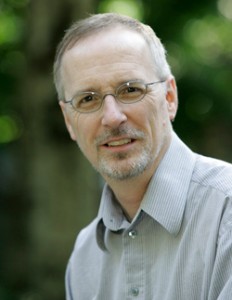[ensemblevideo contentid=GzFCnEUFAk2-QNMxPRsuvw audio=true showcaptions=true displayAnnotations=true displayattachments=true audioPreviewImage=true]
Can restaurants serve as a means of urban economic development? Sure seems like Philadelphia is trying, as restaurants proliferate in Center City and environs. If you’re interested in studying this question, I recommend you look at Stephen Nepa’s 2012 dissertation, There Used to be Nowhere to Eat in this Town: restaurant-led development in postindustrial Philadelphia, available through the Temple University Libraries’ digital collections.
You can also read Stephen Nepa’s article in Buildings & Landscapes: Journal of the Vernacular Architecture Forum (Fall 2011), “The New Urban Dining Room: Sidewalk Cafes in Postindustrial Philadelphia” (Temple-only). With over 300 sidewalk cafes opening up since the late 1990s, this is an important urban phenomenon that deserves study. Why such an explosion? Why did it take so long? What does it mean for the future of our city?
I interviewed Stephen Nepa on July 19, 2012 to talk about “The New Urban Dining Room.”
Audio Embed Code



